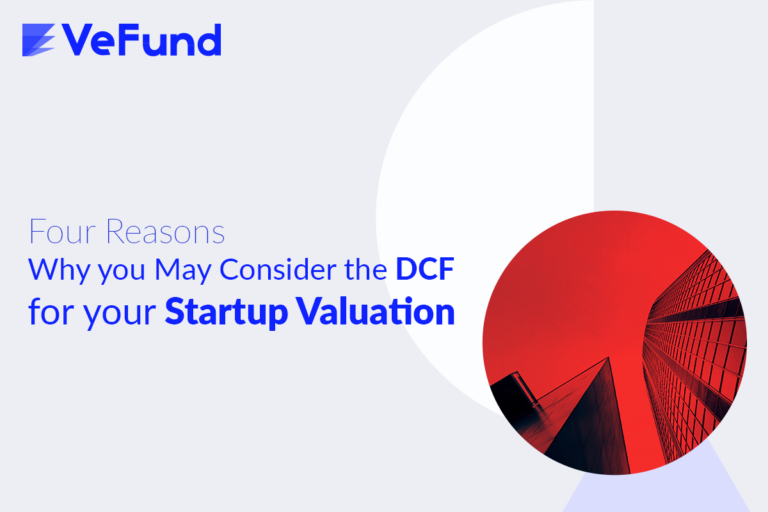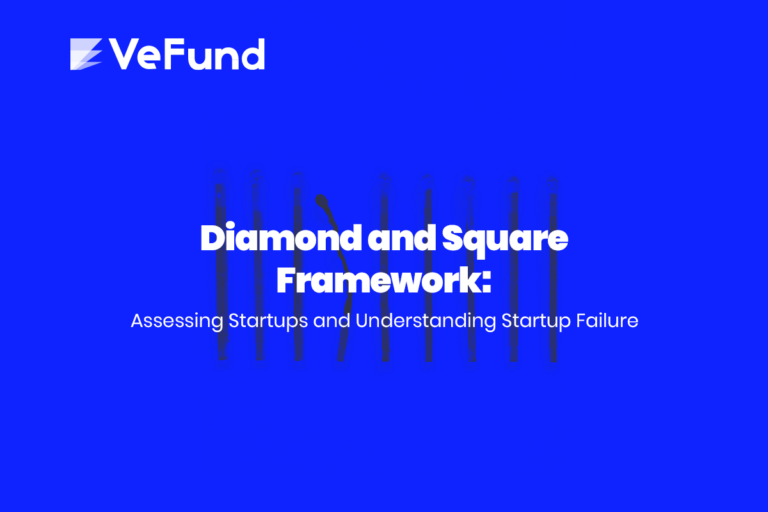Six Different Types of Startups and How They Seek Funding
Startups come in shapes. They have different needs, goals, and circumstances. There is no one form for how a startup should look like or how to be funded. Some startups require millions to get rolling, others may run entirely on small investments by the founder.
We’re going to take a look at the six most common styles for startups and the kind of capital they depend on.
1. Scalable startups
These are the startups we’re most familiar with. Companies like Google, Facebook, and Uber all fit within this category. They start small and gradually attract customers and conquer new markets. Most of these startups are technical by nature to allow for scalable expansions without incurring large costs per customer.
Scalable startups tend to seek funding soon after they start to functionally operate and accelerate their growth. They may consider series funding: raising multiple funds in the form of pre-seed, seed, series A, series B, .. etc. With every stage, they use the new fund to reach bigger goals.
Investors are most interested in this category of startups. Angel investors, venture capital firms, incubators, and accelerators are all types of investors that mostly invest in scalable startups. The reason is simple: their scalability opens the door for high returns. Investors usually put their money in scalable startups in the hope of making it the next Google or Uber.
2. Buyable Startups
Buyable startups are created to be sold one day to another company, providing a huge return for the founders and investors. This is where you hear the term “serial entrepreneur”: an entrepreneur who lives on founding startups and selling them.
The acquiring company is typically a larger company that is interested in integrating the buyable startup with its projects. This is most common in the software industry. Such acquisitions can be seen in Instagram (sold to Facebook) and Careem (sold to Uber).
Unlike scalable startups, buyable startup founders may consider only one or two large funds to accelerate their growth and their attractiveness to acquirers. After that, they hope to successfully sell to a large company and move on.
Investors too are interested in investing in buyable startups. Successful startup exits could reach billions of dollars, giving out huge ROI for the investors. Some investors even prefer this category because they are built with a clear strategy for how they will cash out.
3. Corporate Startups
These startups are founded by large companies and run almost independently from the parent company. Large corporations like IBM and General Electric internally invest in ideas to turn them into successful startups. They do this to use their abundant cash flows in innovative, up-to-date solutions. This helps corporations to grow wider and stay in demand.
These startups depend mostly on their parent company for funding.

4. Social Entrepreneurship Startups
With the aim to make the world a better place, social entrepreneurs create for-profit startups that improve either the environment or our lives. Examples include building products from plastic alternatives, electric cars, and businesses to lessen a minority’s gap.
Social entrepreneurs seek funding based on their business needs. They can reach out to investors that care about their cause. They have a wide variety to choose from: angel investors, venture firms, environmental incubators, and accelerators. If their business models proved to be profitable and their products are on demand, electric cars for example, more investors would want to join them.
5. Small Business Startups
Small business startups are created without scalability as a priority. They are founded as a solo business or partnership by family or friends with the hope of sustaining enough income. They are happy being small or rather growing at their own pace.
Small startups typically depend on self-funding. They may consider adding a partner as an investor or depend on loans.
6. Lifestyle Startups
These startups come out of a passion for a hobby. Founders who love art, traveling, or sports develop a business model to make them stay close to their hobby.
Like small startups, lifestyle startups too are self-funded or depend on relatively small sources like loans.
Are you Seeking Funding from Investors?
Conducting valuation for your startup is an essential step to capturing your desired fund. VeFund’s automated valuation calculator offers you an easy-to-use calculator to ease up your valuation process. All it takes is providing the needed inputs and the calculator will take care of the research, calculations, and presented outputs for you. Try out VeFund’s valuation calculator.
Frequently Asked Questions (FAQs)
Which is the most common startup type?
Scalable startups are the most common type. They are made with the purpose of growing up fast at a relatively low cost. This includes B2B software services, healthcare, fintech, and many others.
How do social entrepreneurs make money?
Social entrepreneurs run for-profit startups. They aim to build a business model that eventually serves their cause.
What does it mean if a company exits?
Exiting means selling one’s part of the company to another party. Founders may sell their startup’s equity to larger companies. Investors may sell to other interested investors. Exiting for startups is mostly either in the form of an IPO or acquisition.







